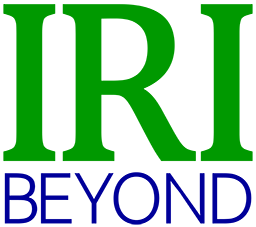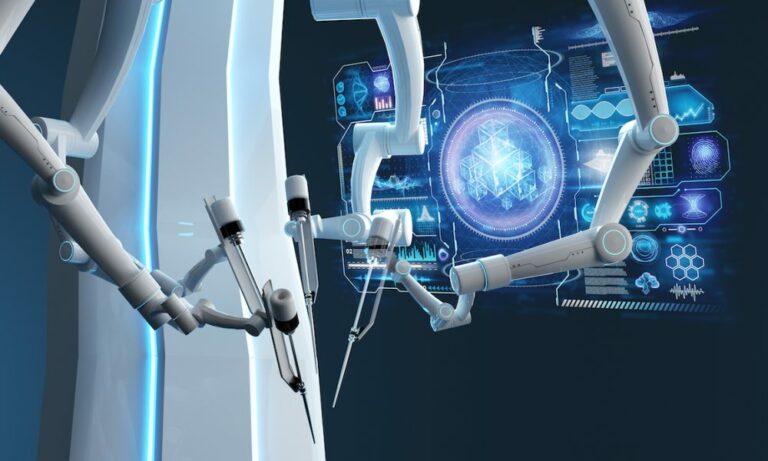The potential of Artificial Intelligence, commonly referred to as AI, is nothing short of astonishing. When harnessed to its fullest extent by humans, this technology has the capacity to work wonders in virtually every sector.
In healthcare, AI leverages intricate algorithms to mimic human cognitive processes while analyzing complex medical data. Moreover, it empowers digital devices to instantly detect anomalies in the data they record.
The indispensability of AI in the healthcare sector can be succinctly summarized through several key aspects:
Recording and Analyzing Medical Data:
1 Electronic Medical Records: AI can efficiently manage medical histories, ensuring accessibility and accuracy.
2 Image Analysis (X-Ray, MRI, ECG, etc.): AI algorithms enable precise and rapid analysis of medical images, aiding in diagnostics.
3 Lab Test Results: AI can swiftly analyze lab test results, facilitating prompt treatment decisions.
4 Pathology Images and Reports: AI aids in the interpretation of pathology images and reports, enhancing diagnostic accuracy.
5 Genomic and Family History: AI can process complex genomic data and identify familial health patterns, contributing to personalized care.
Maintaining Patients’ Health Data:
1 Personal Health Diaries: AI-driven tools can help individuals maintain comprehensive health records, offering a holistic view of their well-being.
2 Quantified Self-Device Reports: AI can interpret data from wearable health devices, enabling users to monitor their health proactively.
3 Home Diagnostics: AI can support home-based diagnostic tools, allowing patients to perform tests and receive immediate feedback.
4 Abnormality Alerts: AI can promptly notify individuals and healthcare providers about abnormal health indicators, preventing potential issues.
5 Data from Relatives, Community Care Centers, and Third-Party Services: AI can integrate data from various sources, fostering a more comprehensive understanding of a patient’s health.
Guidelines and Research:
Recommendations and Guidelines on Best Practices: AI can assist in generating evidence-based guidelines for healthcare practitioners.
1 Clinical Trials to Treat Cases Differently: AI can identify suitable candidates for clinical trials, expediting research in treatment development.
2 New Medicine/Drug Research: AI can analyze vast datasets to identify potential candidates for new medicines and drugs.
3 Use of Past Data for Research: AI can mine historical healthcare data to uncover innovative approaches to treatment.
Diagnosis and Treatment Planning:
1. Automating Diagnostic Processes: AI can automate various diagnostic procedures, enhancing efficiency and accuracy.
2. Maintaining Treatment Plans: AI enables personalized treatment plans for patients and offers numerous other promising healthcare applications. Now, let’s explore the wider potential of AI innovations in healthcare.
3. Remote Medical Attention: AI facilitates remote medical care by streamlining data transfer to hospitals and clinics. Smartphones capture and transmit images to AI systems for instant analysis and recommendations, enhancing convenience and accessibility for patients.
4. Voice Recognition Software: Natural voice recognition software can streamline the input of orders, notes, and patient information directly into medical records. This data can also be easily interpreted in multiple languages, facilitating global healthcare communication.
5. Advanced Monitoring Devices: Hospitals can be equipped with state-of-the-art medical devices in all rooms that swiftly capture and analyze medical data, delivering immediate results and enhancing patient care.
The future of AI in healthcare is still largely uncharted territory. However, one thing is certain — AI is poised to revolutionize the healthcare sector in ways that were once beyond our imagination.
The potential for saving lives, improving healthcare outcomes, and enhancing the overall patient experience is immense, and as AI technology continues to evolve, it promises to unlock even more groundbreaking opportunities for the betterment of healthcare on a global scale.

